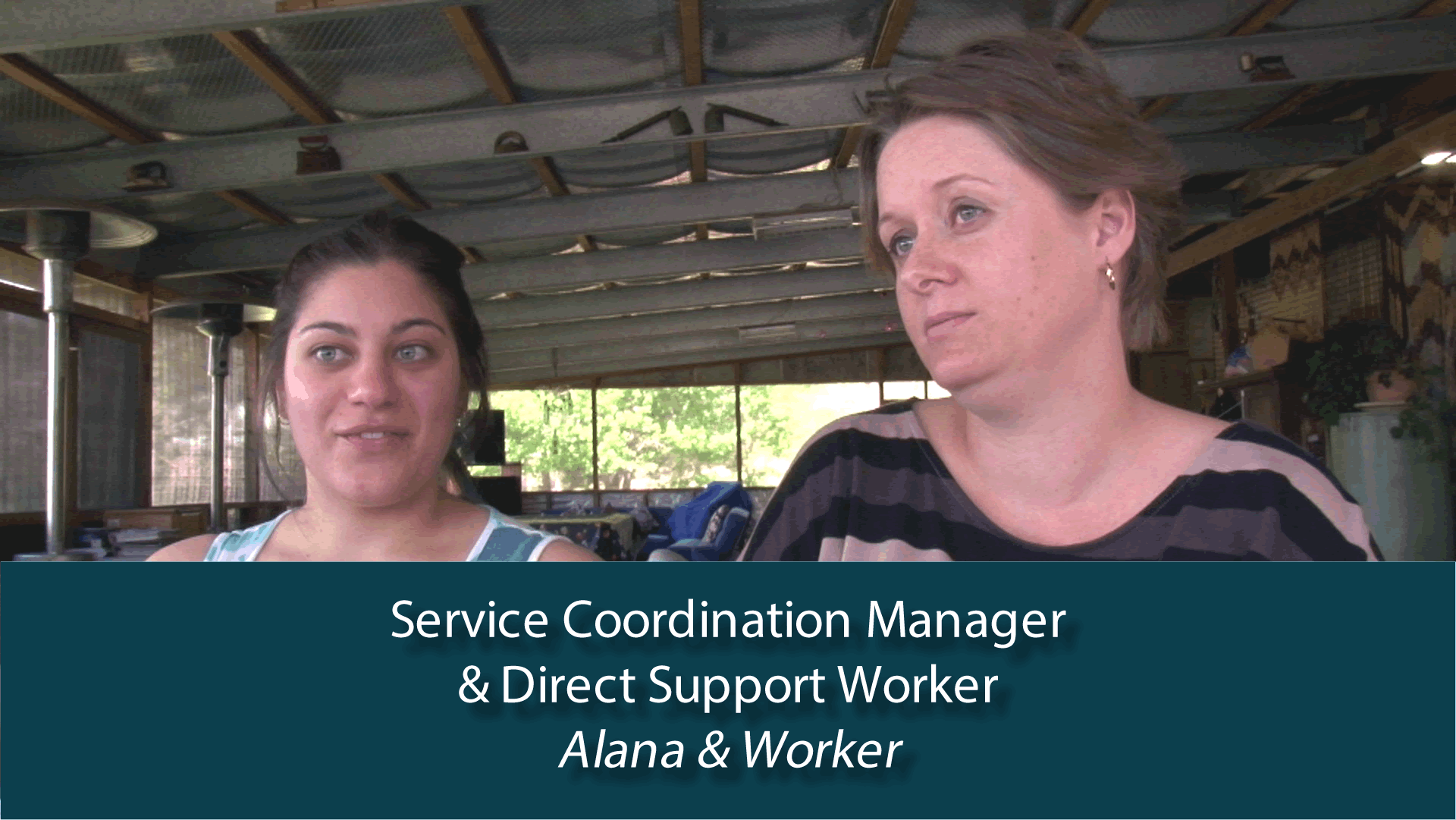- What's it like? What is attendant care really like? People in your home . . .
- I wasn't expecting this It's a shock, the accident, all these people coming into our house
- Expectations- - - reality Constantly adjusting, changing and managing my expectations
- My house needs modification We needed a ramp, bathroom modifications . . .
- My home - - - a workplace The challenges of my home being a workplace
- My worker - - - a professional Relating with professional workers
- We are all working to achieve goals Working as a team to achieve goals
- We are still grieving I am still grieving and so are my family
- My worker needs training Typical training includes . . .
- Everyone is affected Everyone, family and friends are all affected.
- My cultural background is . . . There are cultural differences & workers need to be culturally competent
- I live in a rural area There are some unique benefits and challenges in rural areas
- My family is. . . My family is messy and complicated and that impacts on attendant care
- My service provider is. . . My service provider isn't working out
- My case manager. . . My case manager gets all the pieces to work together
We are all working to achieve goals
Working as a team to achieve goals
Attendant care work is work to achieve goals.
Everything that is done should be goal directed.
The goals are your goals - what you want to achieve.
Goals belong to you, not to workers, clinicians or service providers.
Rehabilitation programs exist so that you can achieve your goals. Rehabilitation goals typically focus on improvement.
You have life goals after rehabilitation – including goals that help you maintain your life and prevent deterioration.
Attendant care, when required, is part of achieving your goals.
The best way to think about attendant care is: what am I trying to achieve through the attendant care I am getting?
Setting goals will:
- Help you motivate yourself – i.e. it is easier to work towards achieving your goals when those goals are explicit and you are clear about what you are wanting to achieve.
- Make it clear to everyone what you are wanting to achieve
- Make it easier for everyone working with you to work together as a team and coordinate their efforts to achieving the goals.
- Make it easier for everyone to see how well things are working: Are the goals being achieved?
Everyone's goals - goals for the person with the injury ; goals for the carers ( 2 mins)
You’ve got to try to fit your life in as well. Otherwise you just go bonkers trying to just centre on Emma and forget about what we can do together. It was a bit like that in the beginning. We sort of weren’t a couple as such. It was like we were just living in the house and functioning. And that closeness goes, because you’ve got someone to centre on. So, we’ve relaxed a bit more with that. You know, we are confident enough to go away for a weekend and leave Emma.
A little bit like respite but at home without us, because Emma hopes to go out on her own. She’s told us all that. And they wanted to have a bit of a look what it’s going to be like to take dad and Loraine away from the scene and Emma to be with carers constantly and not us and see how she’ll be when she has her own home.
Service Coordination Manager & Direct Support Worker: day to day goals (4 mins)
Well, the service coordination manager relates with the family, relates with the client, comes out and does initial assessments and discusses with the family what’s needed, recruitment of appropriate staff, relating with case management and the funding body and reporting. So, that’s basically the coordination manager role.
I first met Alana and her family in February 2010 and we had to do an OHS assessment of the home. We met with Alana and her family and discussed the amount of hours of care that would be required, the nature of the support and what our focus would be in that support.



